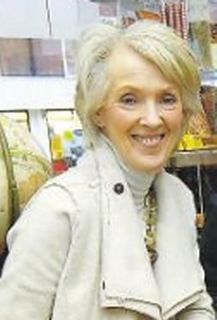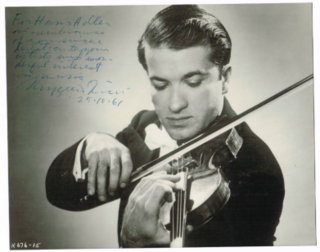A Quote by Mark Leyner
As far as what I do, my value as a writer is certainly not to try to recapitulate a 19th century form. Certain styles of narrative don't conform to my style of experiencing the world.
Related Quotes
I was really interested in 20th century communalism and alternative communities, the boom of communes in the 60s and 70s. That led me back to the 19th century. I was shocked to find what I would describe as far more utopian ideas in the 19th century than in the 20th century. Not only were the ideas so extreme, but surprising people were adopting them.
Now, as at the beginning of the 19th century, there is a certain discovery of Eckhart and related figures. There are questions as to how far our Eckhart accords with the real medieval teacher of that name, but there are certainly images in his work that help us work our way past several of the aporia with which we're confronted in our attempts to think about God.
I try to find a style that matches the book. In the Baroque Cycle, I got infected with the prose style of the late 17th and early 18th centuries, which is my favorite era. It's recent enough that it is easy to read - easier than Elizabethan English - but it's pre-Victorian and so doesn't have the pomposity that is often a problem with 19th-century English prose. It is earthy and direct and frequently hilarious.



































